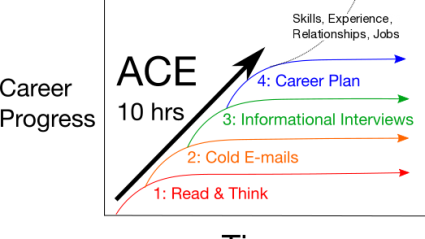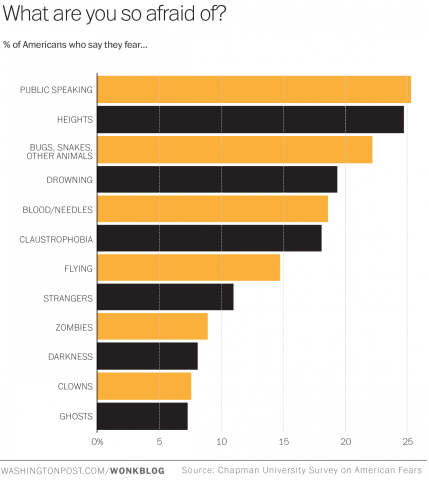Expectations are a natural part of life and are important because they provide clarity, help provide direction, and offer ways for accountability to be maintained. Despite expectations being essential, they can be complex to navigate. Below are three components that can make expectations challenging:
We often wonder to ourselves, “Where has the time gone?” or find ourselves wishing that there were more hours in the day. As we continue to ponder that question or wait for that wish to come true, let’s consider our perspective on time!
Part Two of a Two-Part Series on Transitions *** Before reading this post, take a moment to read Part One - Understanding the Impact of Change*** If you are just arriving at the NIH as a summer student, postbac, graduate student or postdoctoral or clinical fellow, adjusting to your experience at NIH represents a transition that wi

If you are new to the NIH, then welcome! No matter whether you are a summer intern, a postbac, or even a postdoc, starting a new position can feel stressful. You are most likely excited about this new opportunity and eager to make a good impression. Learning new names, discovering the location of supplies, and generally feeling comfortable in a new role can take quite a bit of time. Here are some tips to help make your transition a success:

Cheers! The months of November and December is the time, annually, when workers from the NIH and across the globe take time to celebrate and relax. During this time, the communication between future job and graduate school opportunities slow down for a couple of weeks. Even if your research is continuing, PIs and trainees may take a few days off.
Managing transitions is an issue that you will likely face throughout your career. Many PhDs choose to leave the bench to work in an office. While some things stay the same no matter where you work, some of the cultural changes that accompany a desk job may be surprising. Here are some identified by members of the Office of Intramural Training and Education (OITE):


Discussing one’s weaknesses in the workplace can be a challenge, especially in the rigorous environment of research and academia. In a competitive atmosphere, students/trainees want to appear confident and skilled, and are hesitant to give off the impression that they are unable or unwilling to complete a task. Instead of communicating effectively, students often decide to cover up their weaknesses in hopes of learning new skills to move past them.
But is this strategy effective?
“The notion of the narrowly-focused life is highly romanticized in our culture. It’s this idea of destiny or the one true calling. The idea that we each have one great thing that we are meant to do during our time on this earth… but what if you’re someone who isn’t wired this way?”

